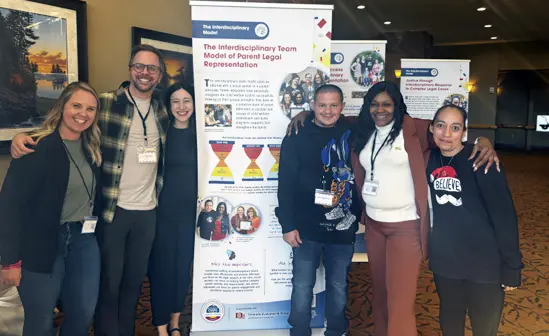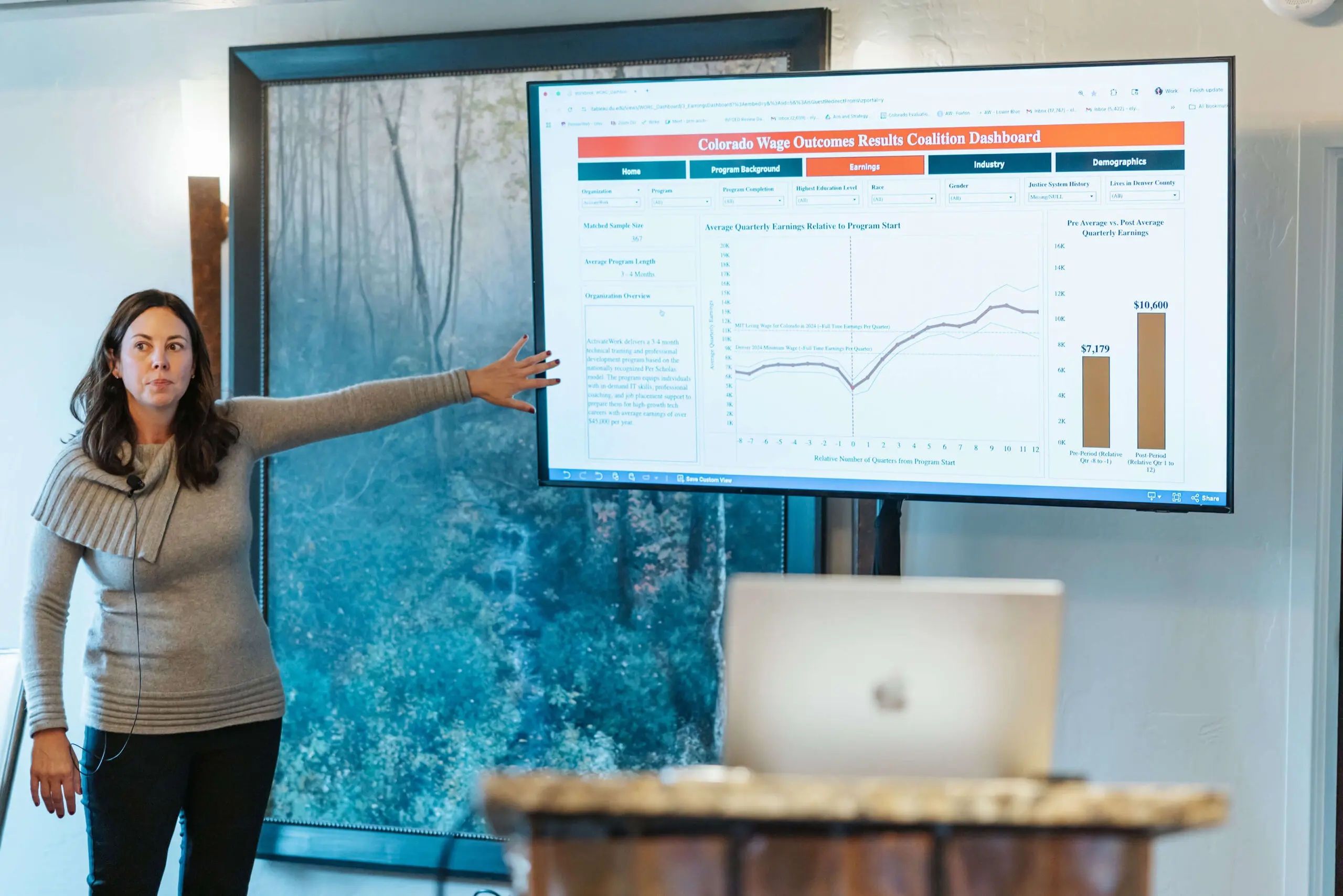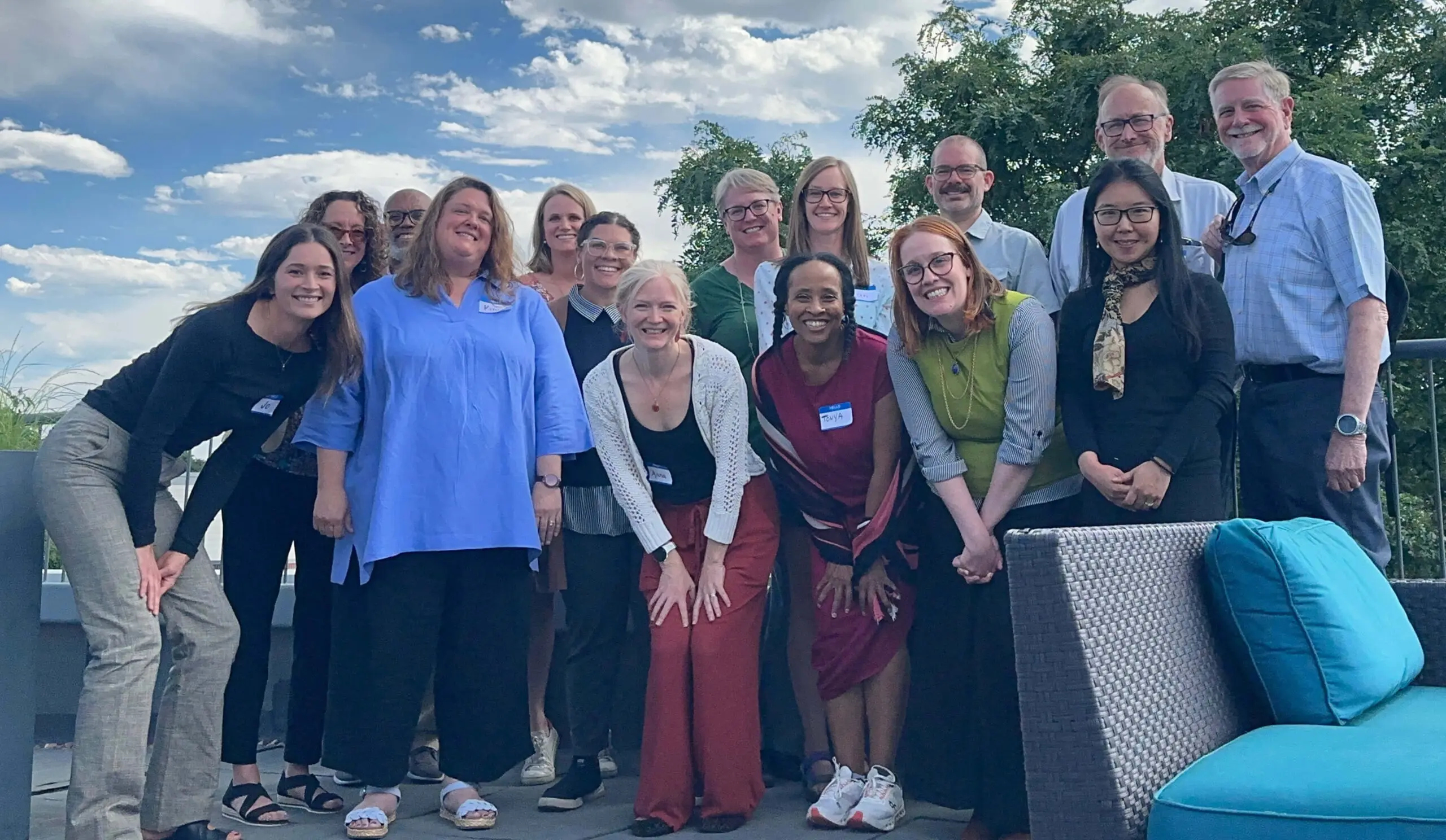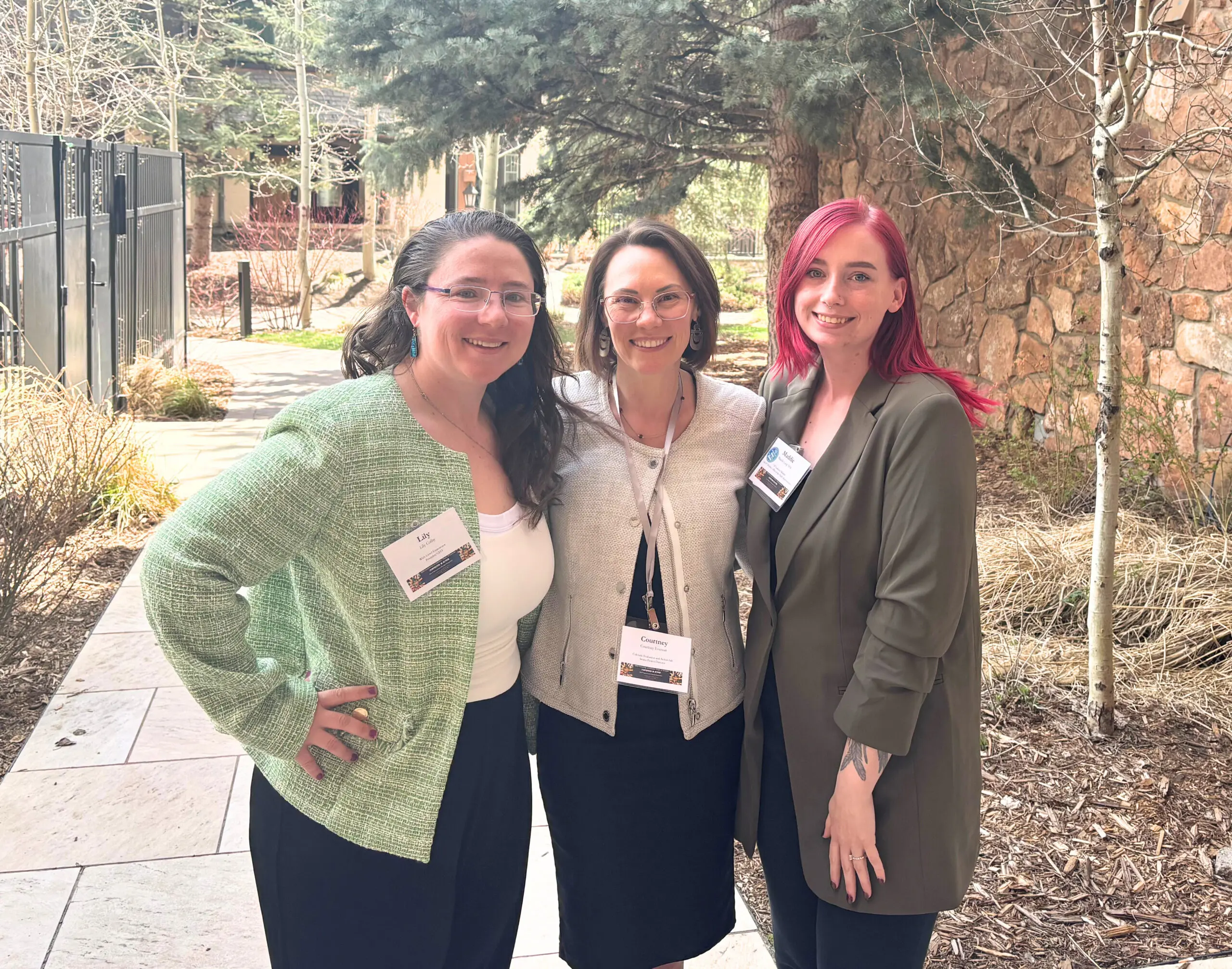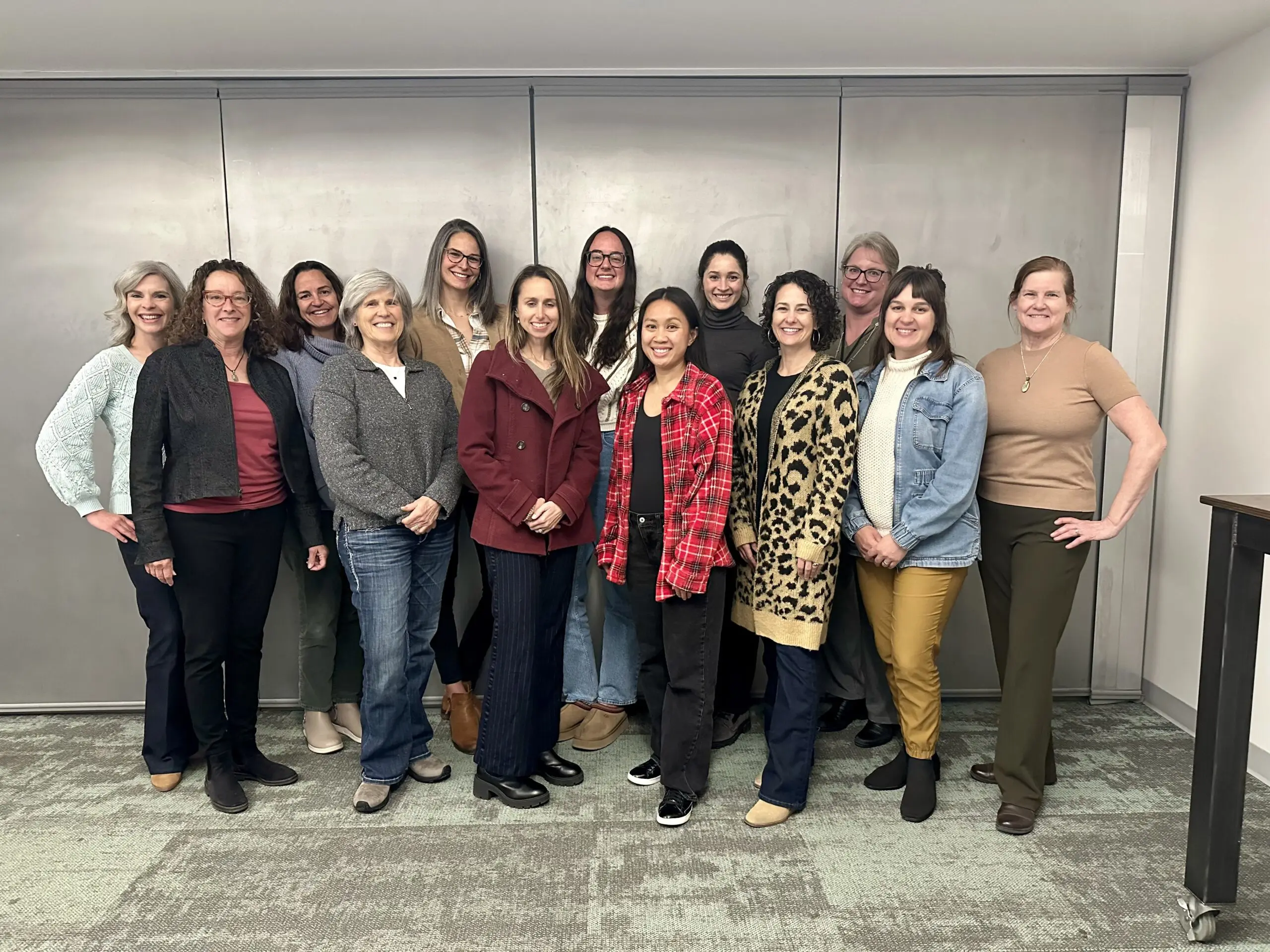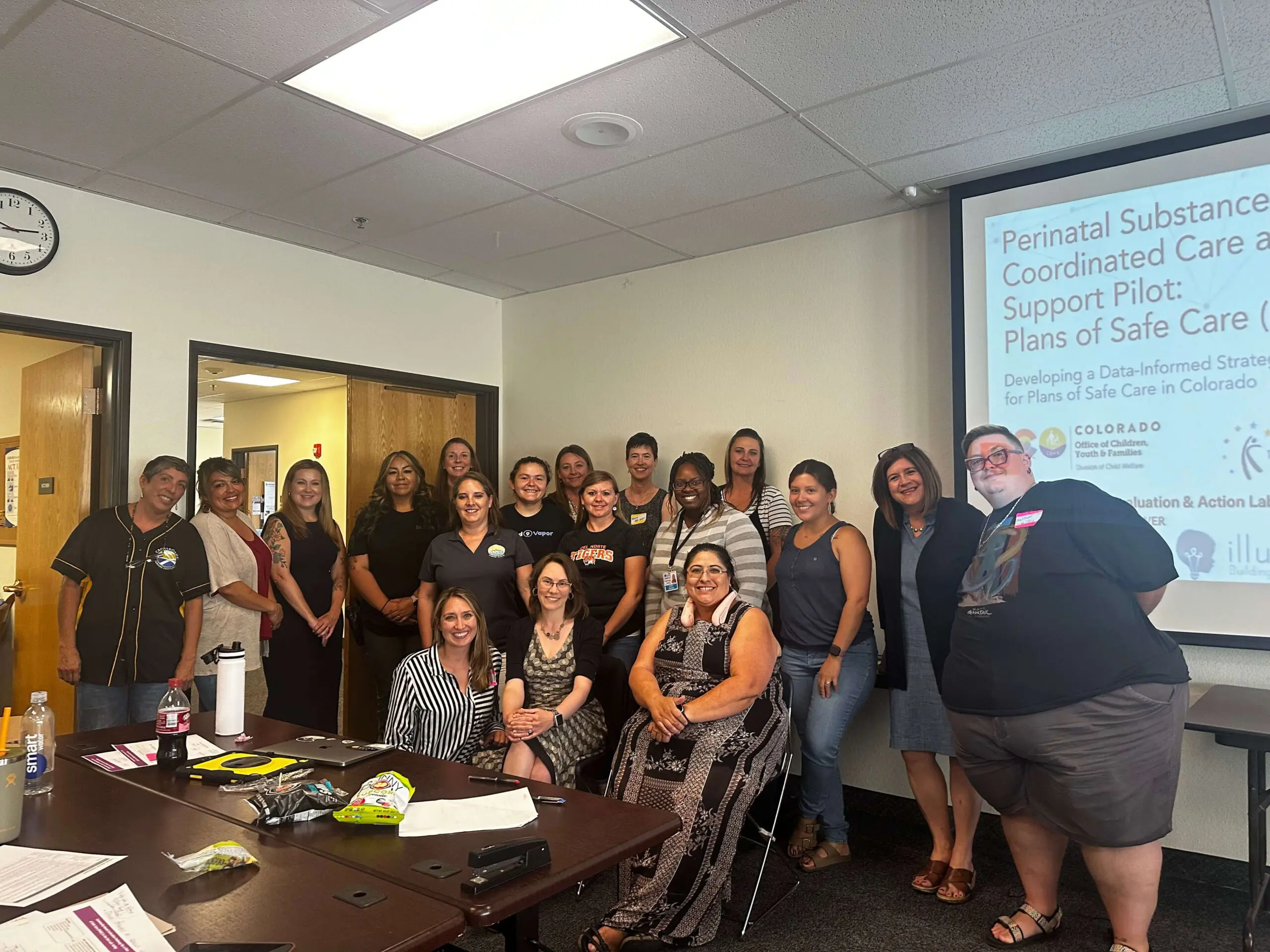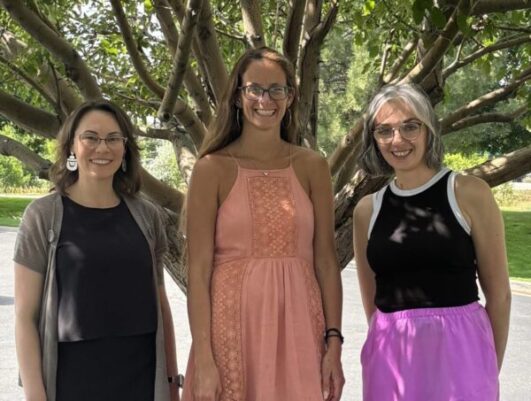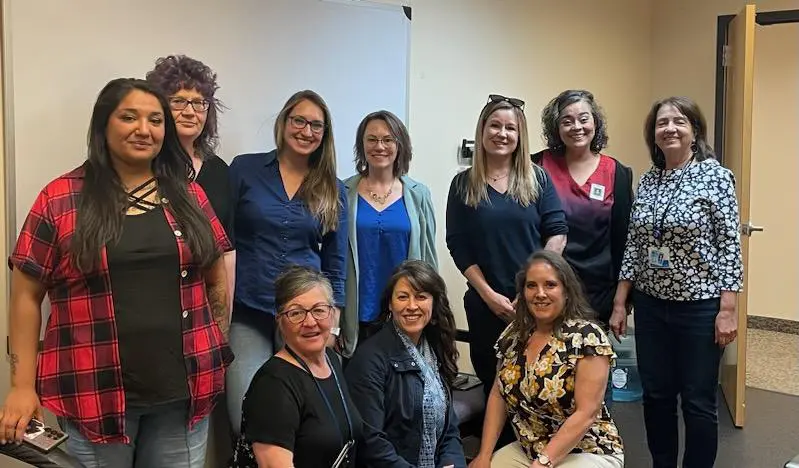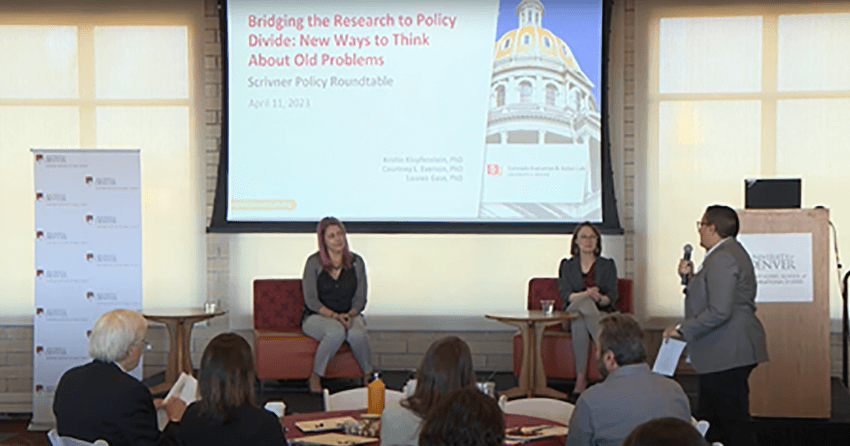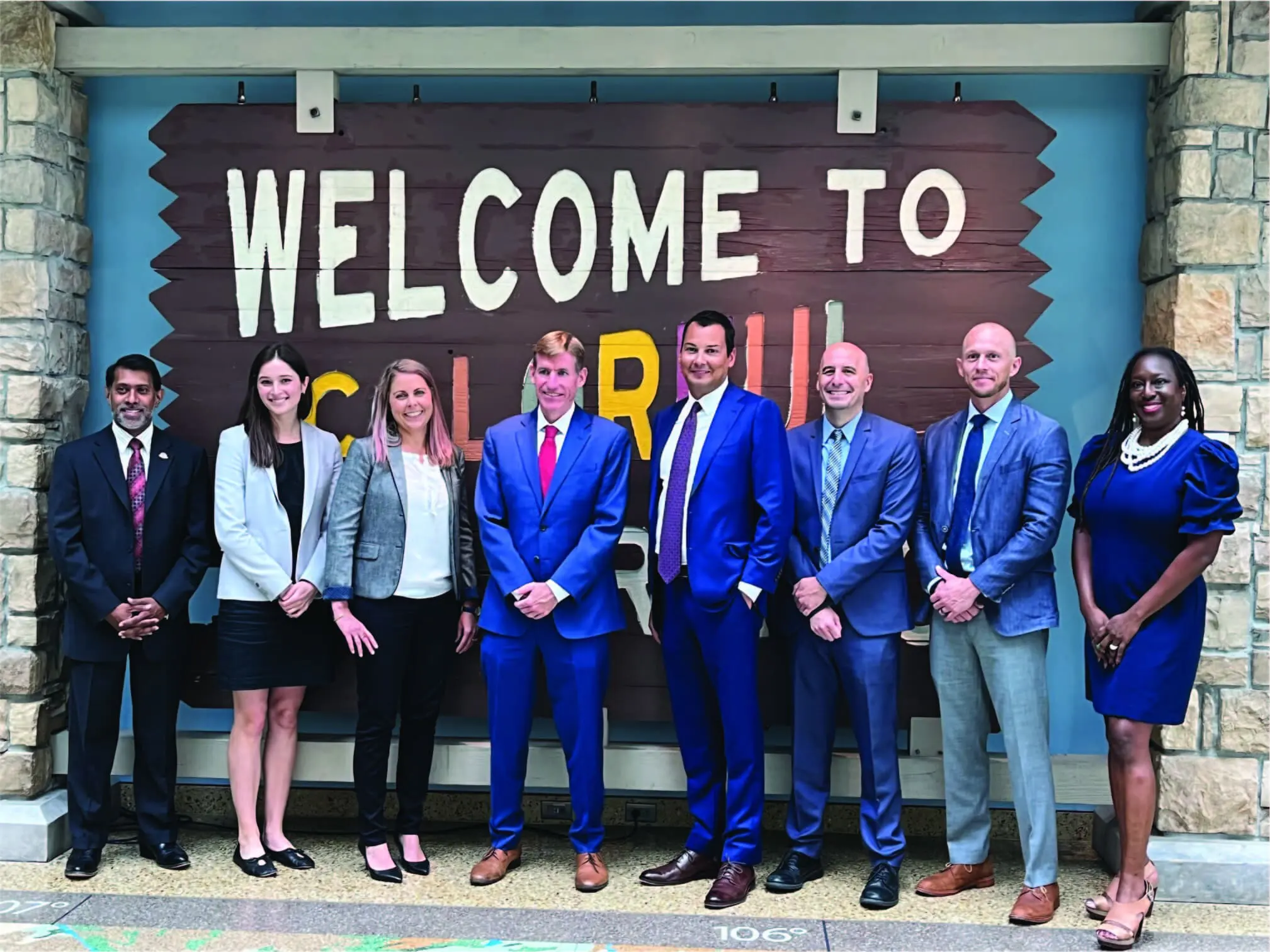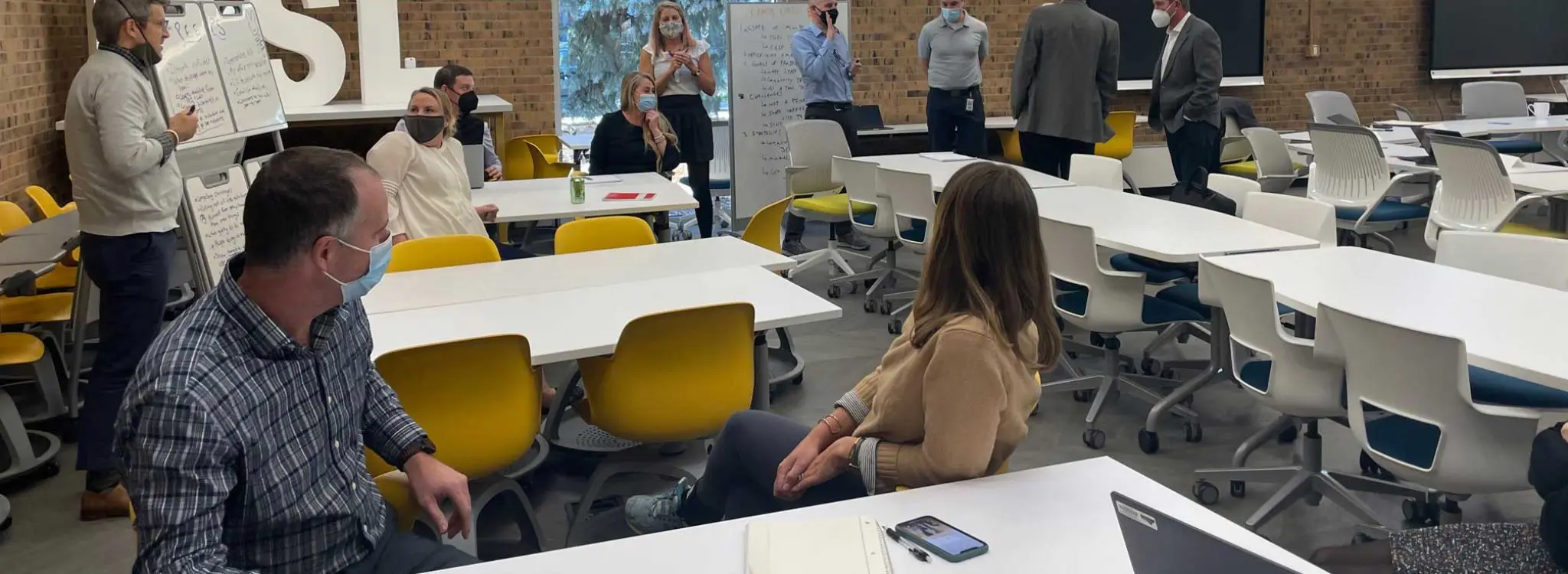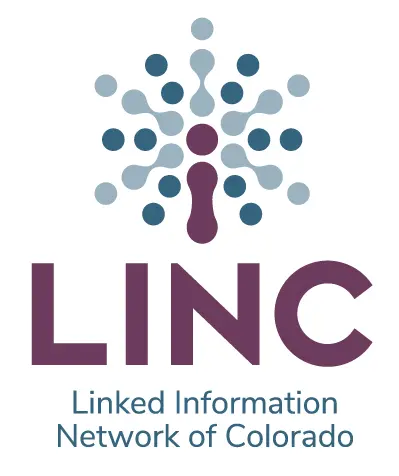Plans of Safe Care Pilot Underway in San Luis Valley
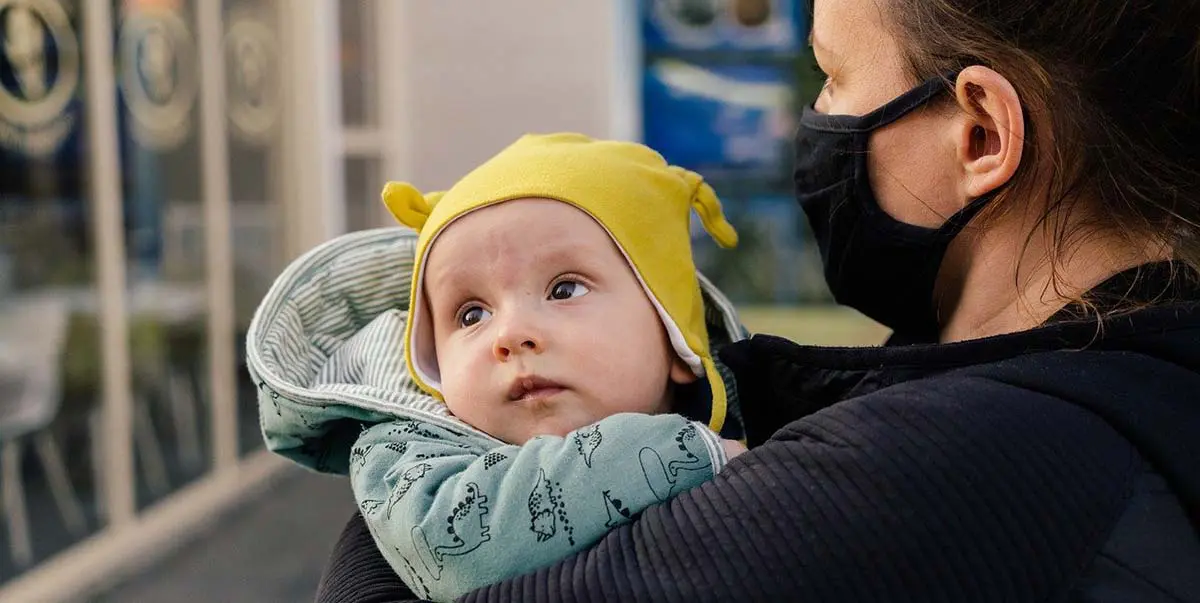
Substance use during pregnancy is a growing issue that demands data-informed, family-centered solutions. Stigma about addiction and fears about child welfare involvement mean many pregnant individuals are reluctant to seek treatment and support.
Plans of Safe Care (POSC) can be used to engage a network of known, trusted organizations and providers to reduce barriers to care. POSC is an approach to connect families with prenatal substance use to resources to keep infants safely with their caregiver whenever possible. POSC are a requirement of child welfare legislation and states must use POSC for infants affected by prenatal substance use.
A Call to Action: Why Plans of Safe Care are Needed
- 131% increase in opioid use-related diagnoses at delivery (U.S.; 2010-2017)
- 98% increase in newborns exposed to opioids prenatally (Colorado; 2012-2018)
- 2nd leading cause of maternal death is unintentional drug overdose (Colorado)
- Of the 1,578 newborns reported for substance exposure in 2022, only 39% had a POSC (Colorado)
The plan itself is essential but not a standalone solution. POSC require an infrastructure—health care providers, community-based organizations, human service systems, informal supports—to coordinate services and implement the family’s unique plan. The Colorado Department of Human Services (CDHS) is resourcing a four-year pilot to develop this infrastructure and innovate opportunities to strengthen POSC delivery across systems. Guiding features of the pilot (see visual below) include starting the plan prenatally, voluntary engagement by families, continuity of care, and co-ownership of the plan across providers (see the executive summary to learn more).
The POSC Pilot Team includes CDHS, the Colorado Lab, Illuminate Colorado, and the Kempe Center for the Prevention and Treatment of Child Abuse and Neglect. Through a systematic, data-informed approach, the San Luis Valley was selected for the pilot. “The San Luis Valley offers strong benefits for this pilot,” says Dr. Courtney Everson, Senior Project Director for the Colorado Lab. “The region has demonstrable needs in the areas of substance use, the pregnant and parenting population, and child welfare involvement. They also are dedicated to providing coordinated care to diverse communities, and are excited to use this pilot as an opportunity to accelerate their long-standing work in prenatal substance use prevention and treatment.”

The Pilot Team will co-design implementation with stakeholders in the San Luis Valley to capitalize on existing investments and meet the needs of differing communities. It’s anticipated the POSC pilot will begin serving families by April 2024, followed by two years of evidence building and strategic learning.
Lessons learned from the pilot will be used to strengthen POSC implementation and identify opportunities to replicate the pilot’s approach across Colorado, including identifying needed investments and legislation.
For more information, please contact Dr. Courtney Everson.




